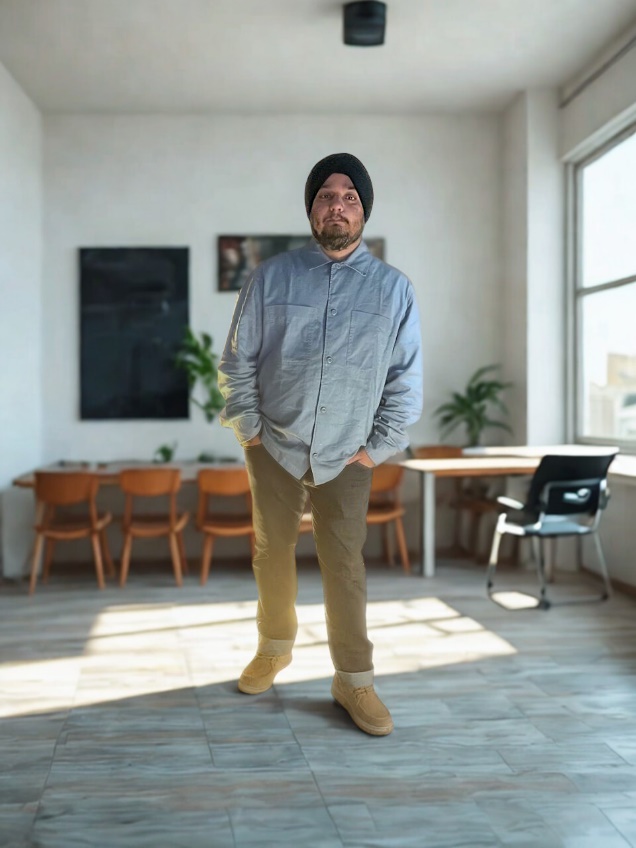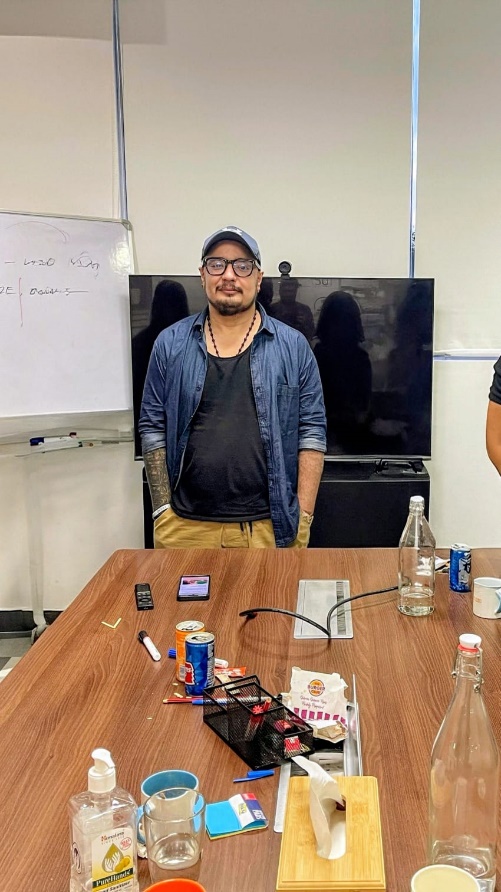New Delhi: At the congested, cacophonous core of New Delhi—where time tends to move more slowly than traffic—a fresh trend of civic innovation is quietly emerging. At its forefront is 41-year-old Deepal Singh, a gentleman whose private tragedy inspired a public intervention. When his aunt’s ambulance broke down in congested traffic and arrived at the hospital too late, the moment proved turning. Deepal, who had driven the longer route, showed up punctually. That juxtaposition was disorienting. The result, tragic.
“I couldn’t accept it,” he says. “And I couldn’t ignore it either.”
What resulted was not only an idea, but a mission—EchoAlert: a first-of-its-kind, real-time acoustic traffic signal system that picks up on emergency vehicle sirens and gets ahead of traffic lights to turn them green. It is elegant, straightforward, and desperately necessary in a city where sirens so often become background sound.
But what sets EchoAlert apart isn’t the technology alone. It’s that it was conceived not in a boardroom, but in the head of a regular Delhiite—and developed all on bootstrap capital, personal savings, and determination.
Ground-Up Innovation
Organized under the aegis of Henka Innovation Technology Pvt. Ltd., EchoAlert is a seamless integration with current traffic lights through ESP32 microcontrollers, microphone sensors, and relays, with no significant overhauls or any hardware on the vehicle side. As an emergency siren goes off, the system clears the way automatically by turning forthcoming traffic lights green.
This plug-and-play, low-cost solution can change emergency mobility for the better, not just in Delhi but throughout India’s bogged-down metros.
More significantly, it’s profoundly human in its construction. “This wasn’t constructed in a laboratory,” Deepal stresses. “It was constructed on the street—hearing sirens, seeing ambulances getting wedged, talking to drivers, and knowing what they require.”

Powered by Family and Resolve
Behind Deepal’s vision is the unassuming strength of his family. When moments of self-doubt arose, they were his loved ones who kept him focused on why he started. “They stood by me, even when money got tight and the nights got long,” he says.
Bureaucratic Delays—and a Relentless Will
Despite obvious public good and low-cost scalability, EchoAlert has faced layers of bureaucratic roadblocks familiar to grassroots innovators in India.
Approvals ping-pong between departments. Meetings are rescheduled. Promises are given—then disappear into nothingness. Some officials are eager but bound by procedure; others are wary of solutions that do not originate from traditional vendors.
“It’s infuriating,” Deepal concedes. “There are times when I’m struggling against a wall. But I won’t give up. I owe this to Delhi—and to all those who never received the ambulance clearance they were entitled to.”
Instead of being dismayed, he’s going big: going to municipal meetings, drafting technical briefs, pitching at public innovation pitches, and working through the thicket of urban administration with precision and patience.
His vision is still unblurred: “Delhi deserves to function better—and so do the people who call it home.”
Part of a Larger Vision: Delhi 2030
EchoAlert is not an isolated project. It is part of a larger, citizen-driven initiative towards a cleaner, smarter, and more organized Delhi—aligned with the Vision Delhi 2030 plan. As the government spends on infrastructure and digitization, Deepal’s civic-tech interventions concentrate on plugging loopholes in conventional systems.
Among other urban interventions by Henka Innovation:
- Jaywalking Control: Push-button pedestrian crossings that impose order on haphazard intersections.
- Public Hygiene: Smart urinal monitoring and behaviour-change campaigns to curb open urination.
- Waste Solutions: Compact composting and biogas units for dense colonies and market areas.
- Henka Air: A microalgae-powered air purification system designed for bus stops, school zones, and urban hotspots.
Each project is practical, scalable, and engineered with Delhi’s unique urban fabric in mind.
Led by Misfits, Driven by Purpose

“There’s no suits-filled office here,” he grins. “Just WhatsApp groups, street-level prototypes, midnight soldering, and a deep sense that Delhi can be better.”
This unconventional team has already conducted real-world pilot testing, earned invitations from law enforcement agencies, and impressed stakeholders across departments—all without external investment.
Rewriting Delhi’s Civic Story—One Signal at a Time
With prototypes running near key intersections and growing support from city officials, EchoAlert is no longer a dream—it’s a deployable reality. What began as Deepal’s mission has matured into civic infrastructure built for scale.
But at its essence, EchoAlert is still something profoundly emotional.
“This is my way of giving back to the city that raised me,” he explains. “I owe it to Delhi. We all do.”
Deepal Singh isn’t merely constructing technology with EchoAlert—he’s constructing trust, compassion, and a more responsive city. His story shows that in a city of millions, one voice, one family, and one idea can be the difference-maker.
To see the journey, discover the solution, or become part of the movement, visit




